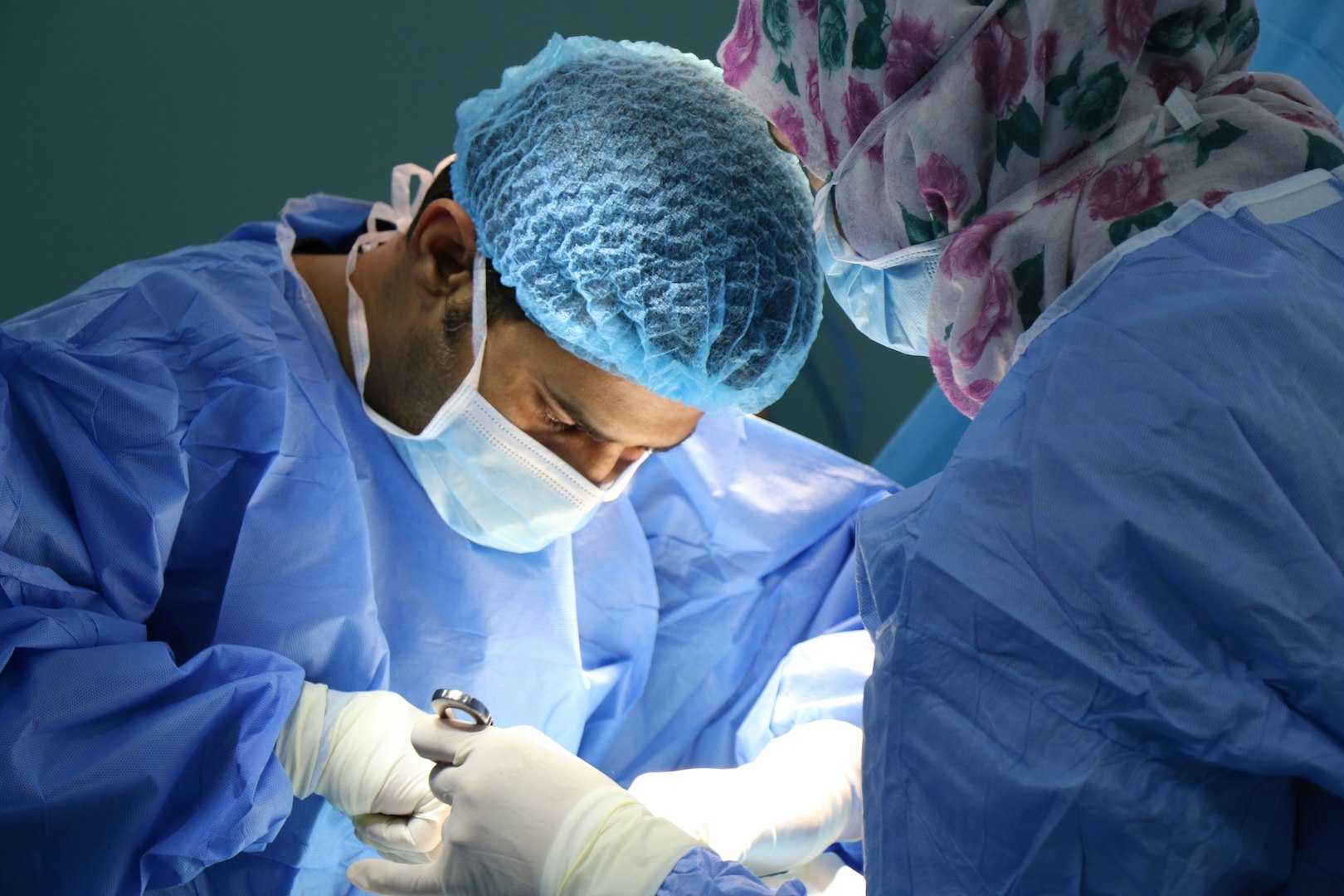Understanding Gastric Sleeve Surgery: A Comprehensive Guide
In the realm of weight loss interventions, gastric sleeve surgery stands out as a significant option for individuals battling severe obesity. This transformative procedure offers hope to those who have struggled with traditional weight loss methods. However, navigating the complexities of this surgery can be daunting. In this comprehensive guide, we delve into the intricacies of gastric sleeve surgery, providing insight into its procedure, benefits, considerations, and post-operative care.
Understanding Gastric Sleeve Surgery:
Gastric sleeve surgery, also known as sleeve gastrectomy, involves the surgical reduction of the stomach's size to promote weight loss. Unlike other bariatric surgeries, such as gastric bypass, the هزینه عمل اسلیو معده procedure does not involve rerouting the intestines. Instead, it focuses on reducing stomach capacity by approximately 75-80%.
Procedure Overview:
During gastric sleeve surgery, the surgeon creates a smaller, sleeve-shaped stomach by removing a portion of the stomach along the greater curvature. This reshaping restricts the amount of food the stomach can hold, leading to earlier feelings of fullness and reduced food intake. The procedure is typically performed laparoscopically, utilizing small incisions and a camera-equipped device called a laparoscope for visualization.
Benefits of Gastric Sleeve Surgery:
The benefits of gastric sleeve surgery extend beyond weight loss. Patients often experience improvements in obesity-related conditions such as type 2 diabetes, hypertension, and sleep apnea. Additionally, the procedure can enhance overall quality of life by fostering increased mobility, self-esteem, and psychological well-being.
Considerations and Risks:
While gastric sleeve surgery offers significant benefits, it's essential to weigh the potential risks and considerations. Complications may include bleeding, infection, blood clots, and leaks along the surgical site. Moreover, individuals undergoing this procedure must commit to significant lifestyle changes, including dietary modifications and regular exercise, to maximize outcomes and maintain weight loss.
Post-Operative Care:
Successful recovery from gastric sleeve surgery requires diligent adherence to post-operative guidelines. Patients will gradually transition from a liquid to a soft diet before reintroducing solid foods. Regular follow-up appointments with healthcare providers are crucial for monitoring progress, addressing concerns, and ensuring optimal recovery.
Conclusion:
Gastric sleeve surgery represents a transformative option for individuals seeking sustainable weight loss and improved health outcomes. While the decision to undergo this procedure should be made in consultation with healthcare professionals, understanding its intricacies empowers individuals to make informed choices regarding their health and well-being. By embracing the journey of gastric sleeve surgery with knowledge and determination, individuals can embark on a path towards lasting transformation and renewed vitality.
In essence, gastric sleeve surgery is not merely a surgical intervention; it's a catalyst for profound change, empowering individuals to reclaim control of their health and redefine their lives.

